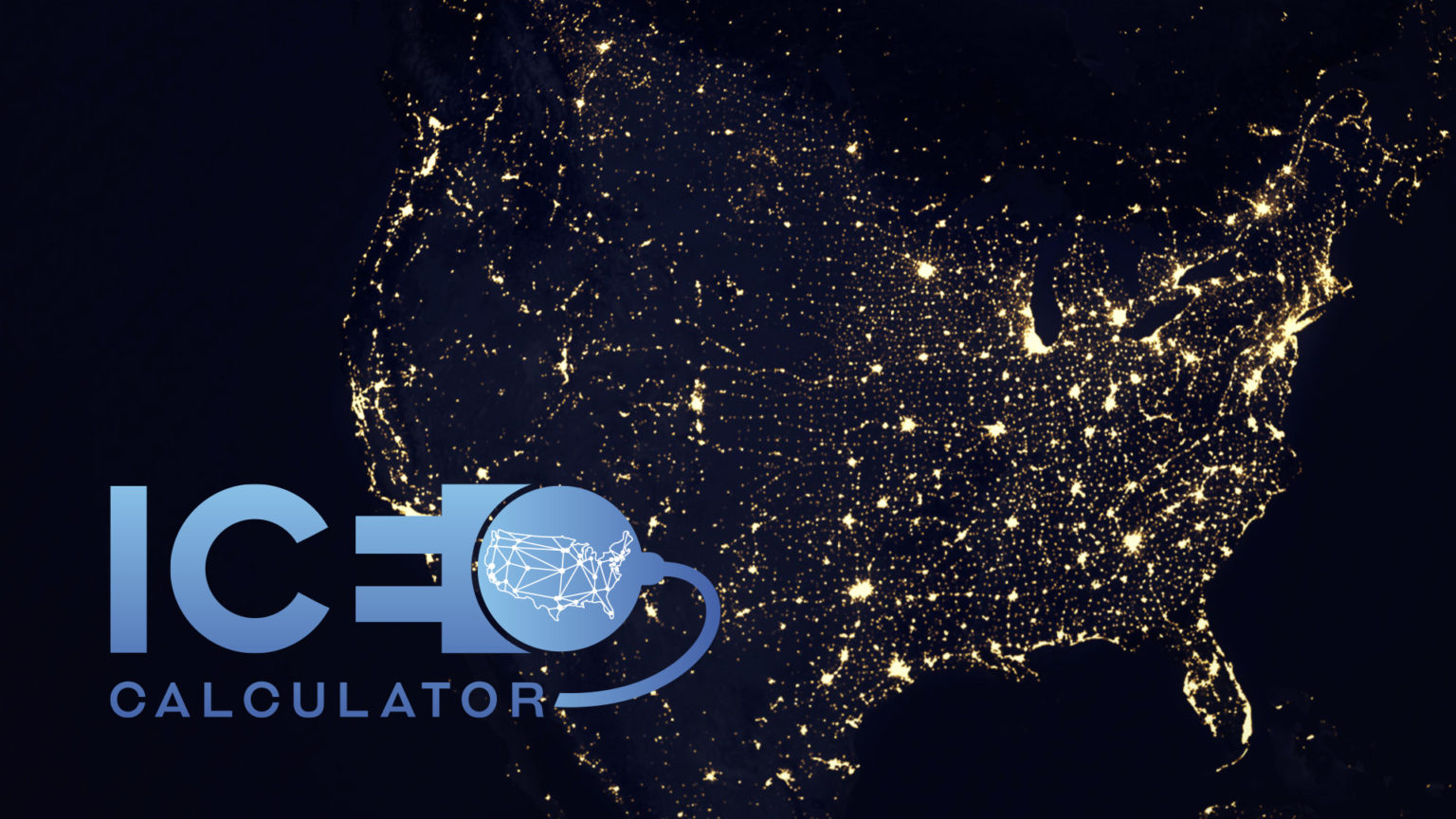Berkeley Lab has initiated a national public-private partnership to update and upgrade the Interruption Cost Estimate (ICE) Calculator – a publicly available, online tool – which estimates the economic consequences of power interruptions.
Information on the costs that customers experience when the lights go out is an important consideration for the planning and prioritization of improvements to the reliability and resilience of the U.S. power system. For a number of years, utilities, policymakers, and other stakeholders have relied on the ICE Calculator to estimate these costs. The tool was funded by the U.S. Department of Energy’s Office of Electricity and developed by staff at Berkeley Lab and Resource Innovations (formerly known as Nexant Inc.). It is based on more than 100,000 customer responses from 34 utility-sponsored surveys conducted in the U.S. between 1989 and 2012.
“We know that the ICE Calculator is relied upon across the country to inform major decisions on investments to improve grid reliability and resilience. Accordingly, we want to ensure that it is based on the most up-to-date and comprehensive information available,” said Peter Larsen, the lead researcher at Berkeley Lab.
Berkeley Lab and Resource Innovations will administer a consistent set of modern interruption cost surveys to a statistically representative sample of each sponsoring utility’s customers. They will then anonymize and pool the survey responses, and analyze them jointly to fully update and upgrade the ICE Calculator. The charter group of sponsoring utilities includes American Electric Power, Dominion Energy, Duke Energy, DTE Energy, Exelon, and National Grid, which together provide electric service to tens of millions of customers across 17 U.S. states. The team expects to recruit additional sponsoring utilities for a subsequent update to the ICE Calculator.
The ICE Calculator is an important tool that electric companies can utilize as they work with regulators and policymakers to plan the investments needed to provide affordable, reliable, secure, and resilient clean electricity to customers,” said Phil Moeller, EEI’s executive vice president of the Business Operations Group and Regulatory Affairs. “The updates made by Berkeley Lab will enable stakeholders to better understand the financial impacts of power outages and, therefore, better assess the benefits of investments in energy grid resilience.”
An independent, project advisory committee consisting of staff from key stakeholder groups will ensure that the methods and outcomes of this initiative are transparent, well-documented, and useful for justifying investments in the U.S. power system.
“The Office of Electricity’s fundamental mission is to increase the reliability and resilience of our critical electric infrastructure,” said Gil Bindewald, acting principal deputy assistant secretary of the Office of Electricity at the U.S. Department of Energy. “Assessing and monetizing the real costs of service interruptions with the ICE Calculator highlights the long-term economic benefits of investing in grid reliability improvements. Expanding the data behind this tool through this public-private partnership and country-wide collaboration only serves to provide states, tribal nations, and utilities with even more resources to support investment decisions related to activities such as grid modernization efforts and the multitude of grid-enhancing programs made possible through the Bipartisan Infrastructure Law.”
The ICE Calculator was originally developed with funding from the U.S. Department of Energy (DOE) Office of Electricity. Additional funding to update the ICE Calculator is being provided by the sponsoring utilities.
###
Founded in 1931 on the belief that the biggest scientific challenges are best addressed by teams, Lawrence Berkeley National Laboratory and its scientists have been recognized with 14 Nobel Prizes. Today, Berkeley Lab researchers develop sustainable energy and environmental solutions, create useful new materials, advance the frontiers of computing, and probe the mysteries of life, matter, and the universe. Scientists from around the world rely on the Lab’s facilities for their own discovery science. Berkeley Lab is a multiprogram national laboratory, managed by the University of California for the U.S. Department of Energy’s Office of Science.
DOE’s Office of Science is the single largest supporter of basic research in the physical sciences in the United States, and is working to address some of the most pressing challenges of our time. For more information, please visit energy.gov/science.
